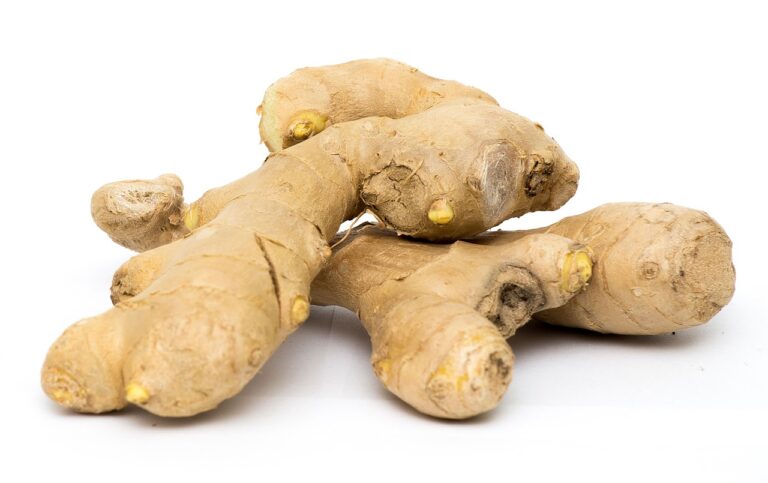The Impact of Coffee on Environmental Sustainability and Conservation
11 x play login, india24bet, Skyfairs Signup:Coffee is one of the most popular beverages in the world, with millions of people starting their day with a cup of joe. However, the impact of coffee on environmental sustainability and conservation is a topic that often goes overlooked. From the cultivation of coffee beans to the disposal of coffee grounds, every step in the coffee production process has the potential to impact the environment in a positive or negative way.
In recent years, there has been a growing awareness of the environmental impact of coffee production. This has led to a rise in demand for sustainably sourced coffee, as more consumers are choosing to support brands that are committed to environmentally friendly practices. But what exactly is the impact of coffee on environmental sustainability and conservation, and what can be done to make a difference?
The cultivation of coffee beans
One of the most significant impacts of coffee production on the environment comes from the cultivation of coffee beans. Coffee is typically grown in tropical regions, where deforestation is a common practice to create space for coffee plantations. This deforestation not only contributes to the loss of biodiversity but also releases large amounts of carbon dioxide into the atmosphere, contributing to climate change.
To combat this issue, many coffee producers are now implementing sustainable farming practices, such as shade-grown coffee. This method involves growing coffee plants under the canopy of trees, which helps to preserve the natural habitat of local wildlife and reduce the need for chemical pesticides and fertilizers. By choosing shade-grown coffee, consumers can support environmentally friendly farming practices and help protect the biodiversity of coffee-growing regions.
The production and processing of coffee beans
The production and processing of coffee beans also have a significant impact on the environment. Traditional coffee processing methods often involve large amounts of water consumption and the disposal of wastewater, which can contaminate local water sources and harm aquatic ecosystems. In addition, the use of chemical pesticides and fertilizers in conventional coffee farming can pollute the soil and waterways, leading to long-term environmental damage.
To address these issues, many coffee producers are now adopting eco-friendly processing methods, such as wet processing and natural fermentation. These methods use significantly less water and reduce the amount of harmful chemicals used in coffee production. By supporting coffee brands that prioritize sustainability in their processing methods, consumers can help reduce the environmental impact of coffee production.
The transportation and packaging of coffee
Another aspect of the coffee industry that has a significant impact on the environment is the transportation and packaging of coffee beans. Coffee is typically transported long distances from coffee-producing countries to consumer markets, resulting in large carbon emissions from transportation vehicles. In addition, the packaging of coffee beans often involves the use of single-use plastic bags and non-recyclable materials, contributing to plastic pollution.
To reduce the environmental impact of coffee transportation and packaging, many companies are now focusing on sustainable sourcing and packaging practices. This includes using biodegradable or compostable packaging materials, as well as investing in carbon offsets to mitigate the emissions generated from coffee transportation. By choosing coffee brands that prioritize sustainable packaging and transportation practices, consumers can help minimize the environmental impact of their coffee consumption.
The disposal of coffee grounds
Finally, the disposal of coffee grounds is another key area where coffee can impact environmental sustainability. Coffee grounds are a common byproduct of brewing coffee, and millions of tons of coffee grounds are thrown away each year, ending up in landfills where they release methane, a potent greenhouse gas. However, coffee grounds are also a valuable resource that can be repurposed for various sustainable applications.
One way to reduce the environmental impact of coffee grounds is to compost them. Coffee grounds are rich in nitrogen and other nutrients that can help enrich soil and promote plant growth. By composting coffee grounds instead of throwing them away, consumers can reduce waste and contribute to the health of their gardens or community green spaces. In addition, some companies are now using coffee grounds to create sustainable products, such as biofuels, textiles, and skincare products, further reducing the environmental impact of coffee consumption.
In conclusion, the impact of coffee on environmental sustainability and conservation is a complex issue that requires careful consideration at every stage of the coffee production process. By choosing sustainably sourced coffee, supporting eco-friendly farming practices, and reducing waste through composting, consumers can make a positive impact on the environment and support the conservation of natural resources. Together, we can work towards a more sustainable future for the coffee industry and protect the planet for future generations.
FAQs:
Q: Is organic coffee better for the environment?
A: Organic coffee is produced without the use of synthetic pesticides and fertilizers, which can reduce the environmental impact of coffee production. However, it is essential to consider other factors, such as farming practices and processing methods, when assessing the sustainability of coffee.
Q: How can I find sustainable coffee brands?
A: Look for certifications such as Fair Trade, Rainforest Alliance, or USDA Organic when choosing coffee brands. These certifications ensure that the coffee has been produced in an environmentally friendly and socially responsible manner.
Q: Can I recycle coffee packaging?
A: Check with your local recycling program to see if coffee packaging, such as bags or pods, can be recycled. Many companies now offer recyclable or compostable packaging options to reduce waste.
Q: What can I do with used coffee grounds?
A: Coffee grounds can be composted to enrich soil or used in various DIY projects, such as making body scrubs or deodorizers. Get creative and find ways to repurpose coffee grounds to reduce waste and support environmental sustainability.







